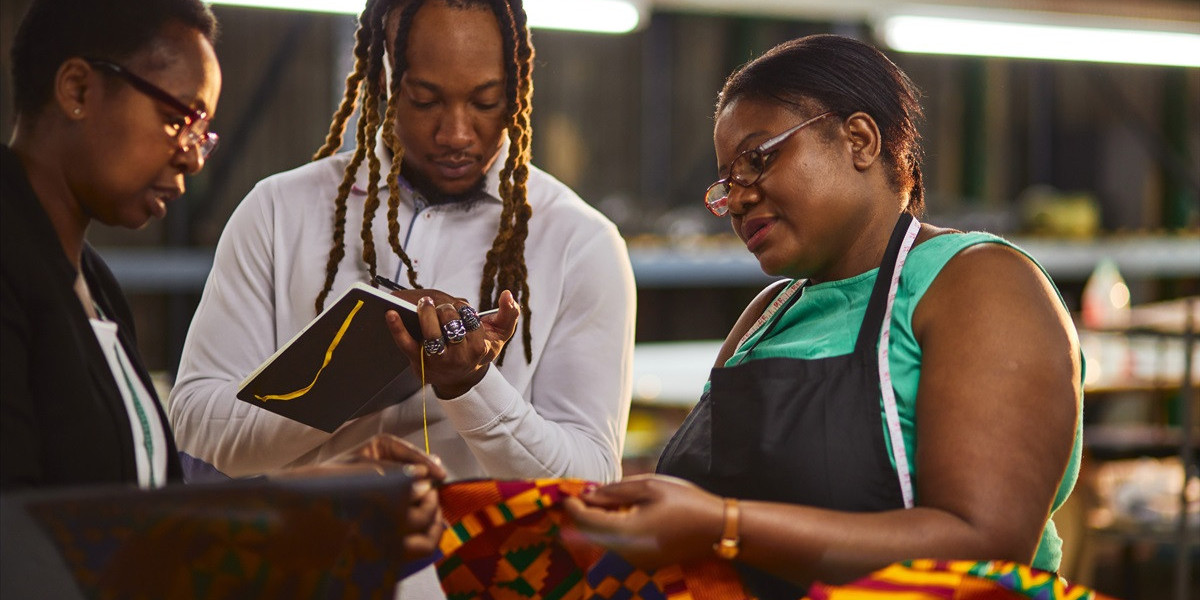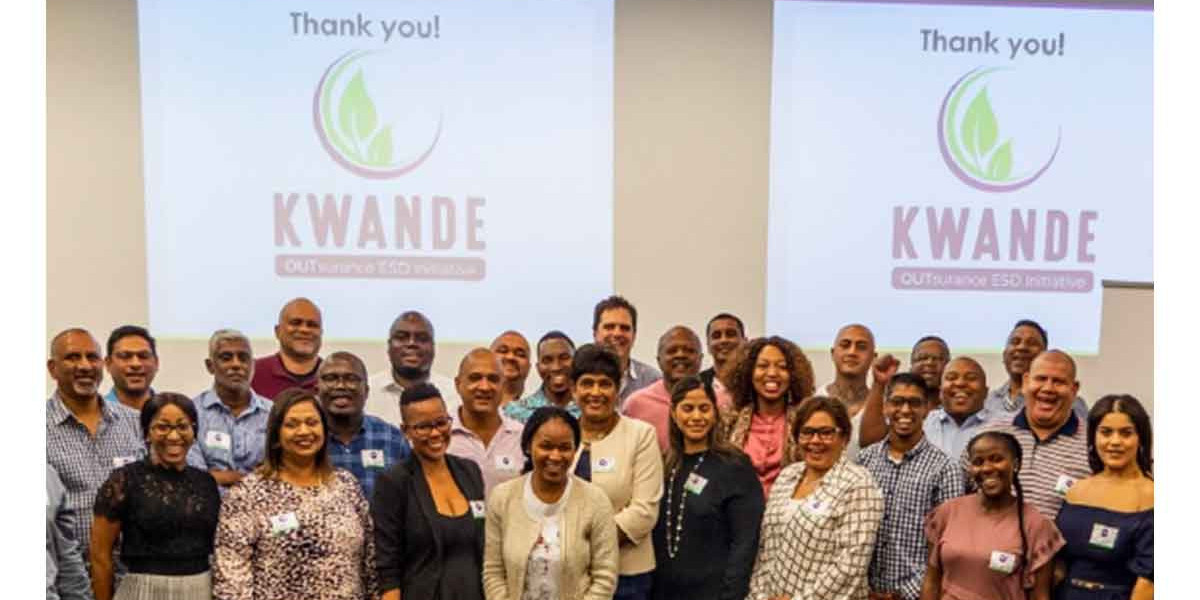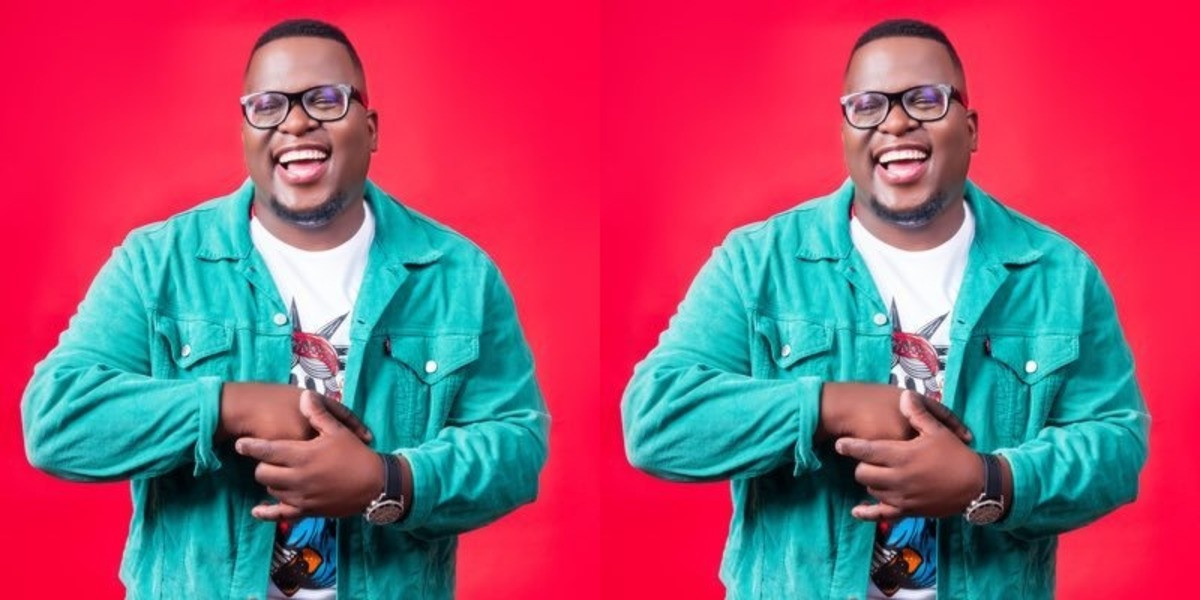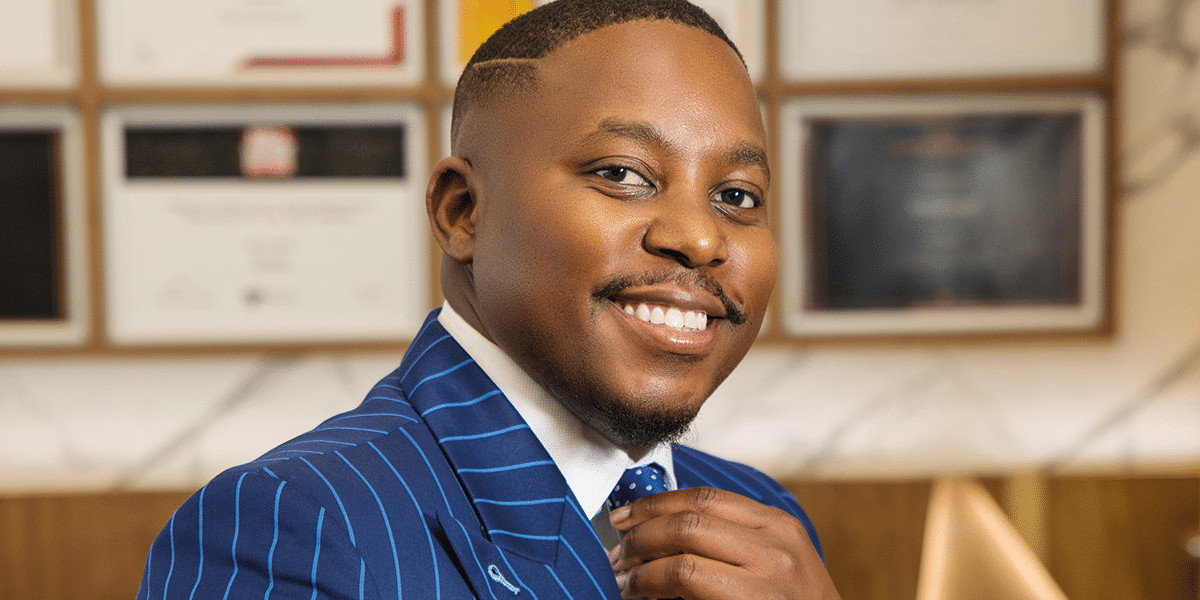Sbusiso “DJ Sbu” Leope is a celebrated South African entrepreneur, media personality, motivational speaker, and author. Over more than two decades, he has parlayed his passion for music and business into a multifaceted career, earning recognition in entertainment and entrepreneurship. DJ Sbu’s journey — from a township youth selling street-hustled goods to founding cutting-edge ventures — epitomizes the modern South African entrepreneur. He has been named one of Mail & Guardian’s top 200 young South Africans and was listed among Forbes magazine’s “13 Young Africans to Watch.” His story is documented in his book Billionaires Under Construction, which traces his path from Tembisa to becoming a global brand. The following DJ Sbu biography delves into his early life, education, media career, entrepreneurial ventures (including the MoFaya success story), and his role as a motivational speaker and author. Key partnerships, interviews, and milestones along the way illustrate how strategic networking and personal branding have driven his success.
Early Life and Education
DJ Sbu was born Sbusiso Leope in the township of Tembisa, east of Johannesburg, Gauteng. He grew up in modest circumstances, attending local schools and selling goods in the township to help make ends meet. As he later revealed in interviews, he even worked as a door-to-door salesman and at one point sold stolen cellphones “in the township at a cheaper price” to raise money to return to university. After failing initial attempts at engineering diplomas (at Technikon Northern Transvaal and then Technikon Witwatersrand), he realized the streets offered valuable lessons. DJ Sbu recalled:
“I sold everything, including stolen cellphones… I earned a bit of money to get back to school and finish my engineering studies.”
This early hustle taught him real-world business skills and seeded his entrepreneurial drive. He eventually completed his studies, earning a diploma in Electrical Engineering, and studied sound engineering at the African Media University.
Even before finishing tertiary education, Leope had launched himself into media. As a young man, he volunteered at Tembisa Info Radio, the local community station, and worked at various campus radio outlets. His big break came when he entered an YFM talent search; even as a runner-up, he impressed the station’s management and was offered a graveyard shift there. Over time he moved to a weekend show (“Beauty and the Beast”) and then the prime “Y-Lens” slot on YFM. These early radio gigs helped him build a following and hone his on-air skills.
From Tembisa to Pretoria and Johannesburg, DJ Sbu’s education and street experience laid a foundation of technical knowledge, communication skills, and grit. He has often stressed the importance of perseverance and learning from hardship. “Humble yourself,” he said in one interview, noting that sustaining relationships requires “preserving my humility and respect for others.” These lessons — failing forward and staying grounded — became hallmarks of his approach to life and work.
DJ Sbu Career Path: Radio and Music Success
DJ Sbu’s dynamic presence on the airwaves began a career path that would span South Africa’s biggest radio stations. By the early 2000s, he was a household name in Gauteng’s youth culture. After YFM, he took his first national slot in 2007 as a breakfast host on Ukhozi FM (South Africa’s largest radio station by listenership). A year later he returned to YFM and in 2010 joined Metro FM, the flagship radio channel of the South African Broadcasting Corporation (SABC). At Metro FM, he hosted a popular afternoon show, growing the station’s audience with his energetic style and humor.
Alongside radio, DJ Sbu built a career as a music performer and producer. In 2003, he co-founded TS Records with entrepreneur Thembinkosi “TK” Nciza. This label was a major early venture in his entrepreneurial journey. TS Records signed and promoted artists from disadvantaged communities; its roster included breakthrough stars like Zahara, Lungelo, and Nhlanhla Nciza. Under Sbu’s co-ownership, Zahara’s debut album became one of the fastest-selling in South African history, proving the label’s concept. Sbu also co-created the masked kwaito character Mzekezeke, which became a cultural phenomenon in the early 2000s, further showcasing his marketing savvy (even as he maintained that Mzekezeke was a separate persona).
As a DJ and artist, DJ Sbu released his own music as well. His 2003 hit “Amakoporosh” and later singles blended kwaito and house elements. In 2014, he even named a track after his beverage brand (“MoFaya”). He dabbled in acting with roles on SABC’s Isidingo and in movies and featured in TV commercials (for Toyota and Telkom’s WorldOnline, among others). He also hosted TV shows like the reality quiz Friends Like These on SABC1. These cross-media activities not only diversified his income but expanded his network in entertainment.
By the 2010s, DJ Sbu was recognized as a multifaceted media figure. His career path from community radio to national stardom reflects a consistent pattern of seizing opportunities. He has said, “I’ve made mistakes, I’ve made money, I’ve lost money, but I’ve never been in a comfort zone. I’ve always challenged myself to do the next thing.” Indeed, his move in 2015 from Metro FM to launching his own projects exemplifies that philosophy.
Entrepreneurial Ventures: TS Records and MoFaya
Beyond radio and music, DJ Sbu made bold moves into entrepreneurship. TS Records (2003) was his first major venture, designed to empower township artists. The label’s early success — especially Zahara’s rise — demonstrated Sbu’s vision for using business to uplift communities. However, the tragedies that befell some of TS Records’ artists tested Sbu’s resilience. He weathered those storms and remained an outspoken advocate for empowering youth.
Leadership 2020, founded in 2012, became another signature initiative. This social-enterprise platform and seminar series aimed to teach entrepreneurship, leadership, and financial literacy in townships. DJ Sbu co-authored the Leadership 2020: The Beginning book and toured with street-level marketing, selling tens of thousands of copies outside traditional outlets. His unconventional distribution — selling books at taxi ranks, shebeens, and community events — was in itself a networking triumph; as one commentator noted, DJ Sbu and his team were “reaching real people with real challenges” by meeting them where they lived. Even Oprah Winfrey took notice: she mentioned DJ Sbu’s Leadership 2020 seminar on The Ellen DeGeneres Show, praising its impact. Such high-profile endorsements expanded his platform and illustrated his knack for aligning with influential allies.
In 2017, DJ Sbu ventured into media ownership by launching Massiv Metro FM (an online radio station). He planned to host its breakfast show and signed big names like footballer Jabu Mahlangu and artist-actor Zola as presenters. This move combined his radio expertise with an entrepreneur’s ambition. The station targeted taxi commuters with free Wi-Fi to broaden its reach, reflecting Sbu’s strategic thinking about niche markets. Though Massiv Metro later evolved, the project underscored how Sbu’s network in sports, music, and community media created opportunities for new ventures.
The MoFaya Success Story
The most celebrated chapter of DJ Sbu’s entrepreneurial journey is MoFaya Energy Drink. Launched in 2013 by DJ Sbu and Siphiwe “Spada” Shongwe, MoFaya was marketed as South Africa’s first proudly black-owned energy drink. Sbu envisioned MoFaya as an African brand that could eventually compete globally; early on he even spoke of an ambition to make it the “Coca-Cola of Africa.” Starting from modest production, Sbu and his co-founder invested millions of rands of their own money to get the company off the ground. MoFaya quickly resonated with young consumers through grassroots marketing and DJ Sbu’s personal endorsements.
Famously, in 2015 he attended the Metro FM awards holding a can of MoFaya alongside Khanyi Mbau; this act got him suspended (and later fired) from the SABC, but it also boosted the brand’s visibility. In retrospect, he said he “was brave to do that” even though “a lot of people did not approve of what I had done.” Through social media and public events, he continued to champion MoFaya. By 2023, the effort paid off: DJ Sbu announced that MoFaya had landed a deal with Shoprite/Checkers stores, expanding distribution nationwide. MoFaya was reportedly selling over 1.2 million cans per month by then.
Sbu’s handling of MoFaya also illustrates his branding savvy. When online skeptics questioned who truly owned MoFaya, Sbu replied that he was happy to be seen as a brand ambassador. He told fans, “It definitely isn't mine, because MoFaya is yours… you can just call me a brand ambassador, you can call me a hustler, you can call me an entrepreneur.” This humility aligned with his message of collective uplift: he framed MoFaya’s success as a team effort by the entire community. In doing so, he reinforced a personal brand of authenticity — he wasn’t just pushing his own image, but promising empowerment for others.
By mid-2023, MoFaya had attained legendary status as a symbol of black-owned business success. The media even speculated (as an April Fool’s prank) that Coca-Cola had bought a stake in MoFaya for hundreds of millions. Even rumors like these underscored the brand’s influence. For the global entrepreneur audience, MoFaya’s story is a case study in community-driven branding and persistence: from taxi ranks in Johannesburg it grew into a nationally recognized product, leveraging Sbu’s network of DJs, street vendors, and youthful consumers.
Author, Speaker, and Mentor
Parallel to his media and business careers, DJ Sbu built a reputation as an author and motivational speaker. He has written several books on entrepreneurship and “hustle culture,” all under the Leadership 2020 imprint. His first book, Billionaire$ Under Construction: The Mindset of an Entrepreneur, traces his personal journey and the lessons learned. It became a bestseller among South African youth, in part because he tapped into his entertainment platform to market it. As he explained, he mixed book launches with music events: planning to fill Durban’s Max’s Lifestyle with thousands of people by blending speeches and live DJ sets. This multimedia approach showcased his innovative marketing and understanding of his audience.
His other titles include The Art of Hustling: Sell or Surrender and The Hustler’s Corner SA. These books and related materials (workshops, online content) focus on resilience, budgeting, and creative marketing. Sbu regularly speaks at schools, universities, and corporate events. He has said that even though he has “an extremely busy schedule,” he commits to giving three talks a week to disadvantaged youth as part of his early mission. He also launched The Hustler’s Corner, a podcast series where he interviews various leaders and artists (from actor John Kani to musician Focalistic) about how they succeeded. In 2023, he partnered this podcast with P. Diddy’s REVOLT TV network, giving his platform international exposure.
DJ Sbu’s role as a mentor and motivational figure is intertwined with his personal brand. On social media and speaking stages, he often stresses mindset and accountability. He told audiences that there was strong demand for real stories of struggle and recovery: “People want to know my story… What happened with Brown Dash and Ntando? Did I owe tax? Did I make money when I was 22 buying sports cars? Was I dumb? Yes, I was dumb… It did happen. I lost a lot of money and owed tax, and this is how I fixed it.” By candidly sharing failures, he connected with aspirants looking for practical advice.
His philanthropic work also feeds into this image. In 2005, Sbu founded the Sibusiso Leope Education Foundation (SLEF), which provides scholarships and support to underprivileged students. He remains an active ambassador for education, financial literacy, and health causes. He emphasizes teaching youth about money management, noting that financial education is key to breaking poverty cycles. In short, DJ Sbu leverages his network of contacts in media, business, and civil society to promote youth empowerment. His influence as an author and speaker amplifies the reach of causes and ideas he supports.
Networking and Personal Branding: DJ Sbu’s Strategy
A defining factor in DJ Sbu’s success is his networking prowess and personal branding. He often reminds others, “Your network is your net worth,” a mantra he illustrated in his book and interviews. From his campus radio days onwards, Sbu sought out connections and mentorship. He once said, “I started hanging around people who could help me and I learnt from them.” That willingness to seek guidance and collaboration is evident throughout his career. His partnerships with media powerhouses, business partners in the USA, and his co-founders on social ventures all came from cultivating relationships. These partnerships gave him credibility and resources beyond his own reach.
Equally important is DJ Sbu’s attention to personal branding. He projects a polished, charismatic image — sharp attire and confident public persona — that aligns with his message of success. Yet he balances this with humility. In an interview he emphasized that success comes with respect: “Humble yourself. I have been able to create and maintain relationships… telling me to preserve my humility and respect others.” This combination of professionalism and relatability helped him attract both business allies and grassroots fans. When Sbu announces new ventures on social media, he speaks in a personable tone, reinforcing trust.
We can distill some of DJ Sbu’s networking tips from his career:
Stay Humble and Respectful: Treat everyone as an equal. Sbu attributes much of his relational success to humility and respect.
Surround Yourself with Mentors: Be proactive in learning. Sbu’s strategy was always to “hang around people who could help me and learn from them.”
Leverage Every Connection: View every contact as an opportunity. The saying “your network is your net worth” underscores Sbu’s belief that success arises from collective effort.
Use Visibility to Build Trust: Sbu turns personal exposure into rapport. By publicly sharing his journey — sometimes even stumbles — he makes himself accessible.
Innovate in Outreach: Think outside the box. Sbu’s unconventional marketing — selling books and MoFaya drinks in townships, launching radio stations via taxi Wi-Fi — shows creativity in connecting with underserved markets.
By applying these strategies, DJ Sbu has built a powerful personal brand. He is equally known for his hustle and for his handshake. In interviews he credits much of his turnaround to the people he met along the way. For example, after losing money early in his career he recalls, “I started hanging around people who could help me…and I think the best thing was when I got out of debt.” This reflects the lesson that climbing out of setbacks often involves leaning on a network.
Key Milestones, Partnerships, and Recognition
DJ Sbu’s career is punctuated by notable milestones and collaborations that underscore his networking strengths:
Media Milestones: He hosted flagship shows on YFM, Ukhozi FM, and Metro FM, making him a familiar voice nationwide. In 2023, he joined Radio 2000 to host a weekday breakfast show, demonstrating a successful return to SABC radio.
Brand Partnerships: His podcast The Hustler’s Corner SA was picked up by P. Diddy’s Revolt TV, expanding his audience globally.
Entertainment Tie-ins: For his online station launch (Massiv Metro), Sbu enlisted celebrities: soccer legend Jabu Mahlangu and kwaito star Zola were announced as DJs. These partnerships leveraged their fame to boost Sbu’s new venture.
Recognition and Awards: He earned South African Music Awards (SAMA) nominations as a DJ. He was also named among Brand South Africa’s “Young Power Man” and repeatedly listed in youth hero profiles by Mail & Guardian and Forbes.
Social Impact: Oprah Winfrey’s mention of Sbu’s Leadership 2020 initiative on The Ellen Show was a major TV spotlight that underscored his credibility in youth development. His education foundation has awarded scholarships to many students.
Each milestone came through networks: Sbu’s connections in entertainment and business made these achievements possible. Even his controversies (like the Metro FM MoFaya stunt) elevated his profile, which he then turned to his advantage. DJ Sbu’s career is a testament to the power of relationships. By strategically collaborating — whether with artists, media figures, or corporate partners — he created an ecosystem that propelled him forward.
Influence and Legacy
Today, DJ Sbu stands as a role model in entrepreneurship and personal development in South Africa and beyond. Through his journey, he has shown how strategic networking and consistent self-branding can multiply one’s opportunities. His mantra “your network is your net worth” and his own story of grit inspire a generation of entrepreneurs.
For a global audience interested in success strategies, Sbu’s biography offers lessons: he leveraged local roots (Tembisa, township radio) and expanded into international channels (Revolt TV, global podcasts). His MoFaya success story highlights how identifying underserved markets (energy drinks for African consumers) can lead to large-scale growth. Moreover, his approach to personal branding — balancing relatability with ambition — illustrates how authenticity and humility can coexist with business acumen.
In summary, DJ Sbu’s life is a blueprint of resilience, innovation, and connectivity. By building bridges between media, business, and community, he has created a platform far bigger than any single venture. As he himself put it: “I have been blessed, I’ve made mistakes… but I’ve never been in a comfort zone. I’ve always challenged myself to do the next thing.” His career path and network-building strategies remain a powerful example for South African and global entrepreneurs alike.






